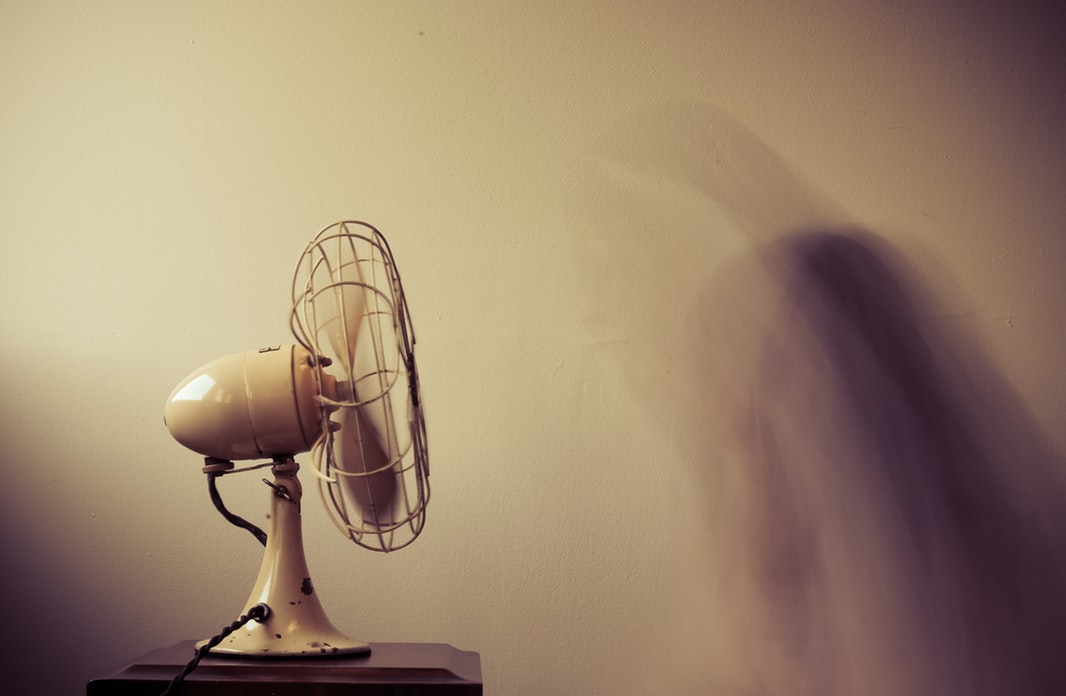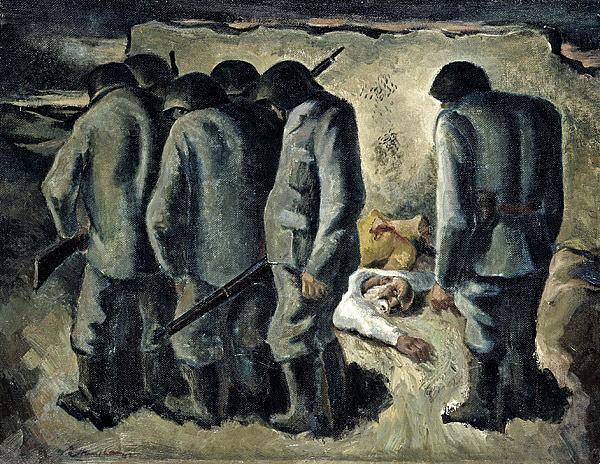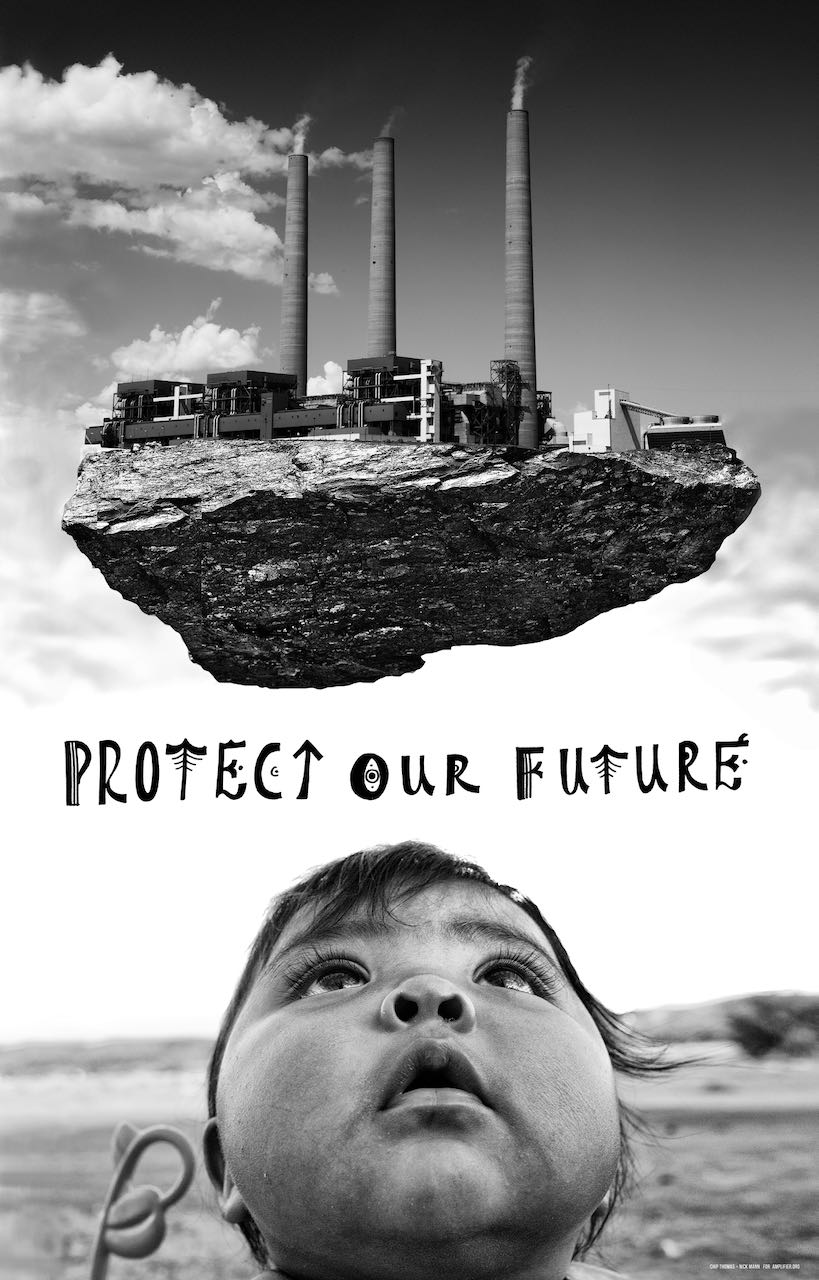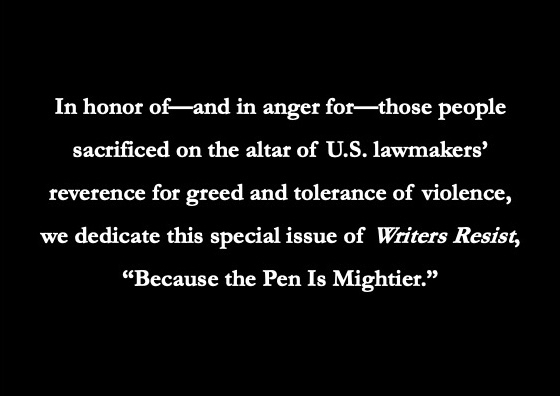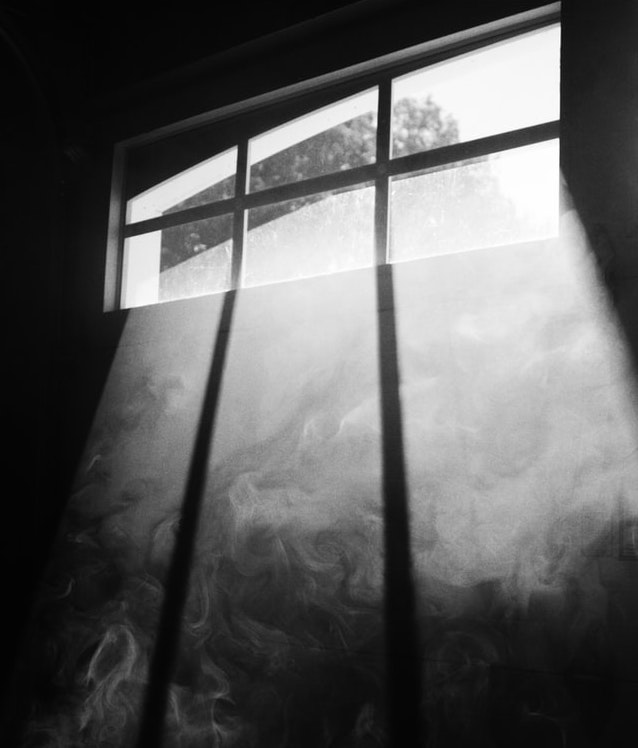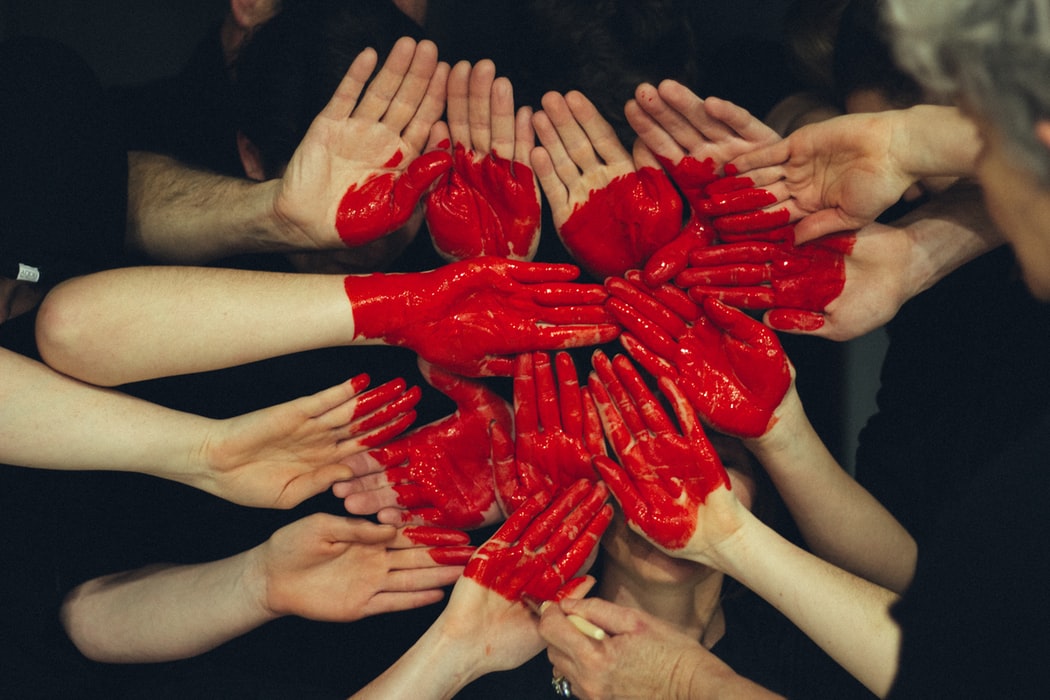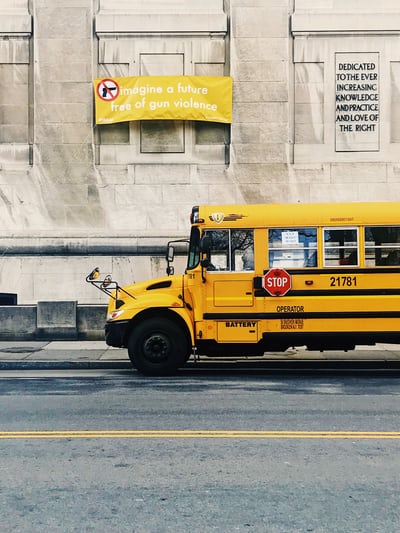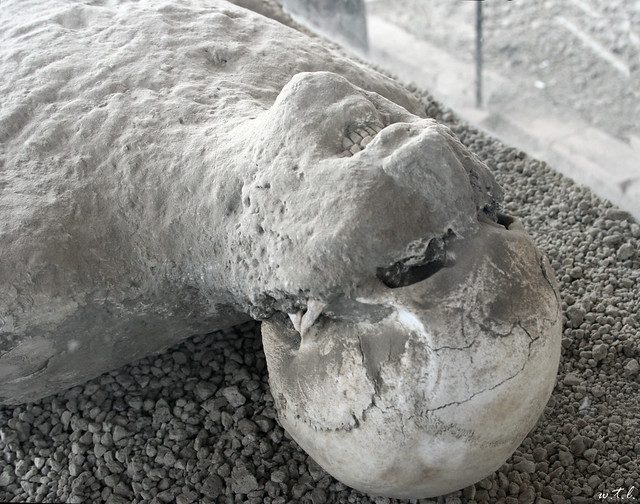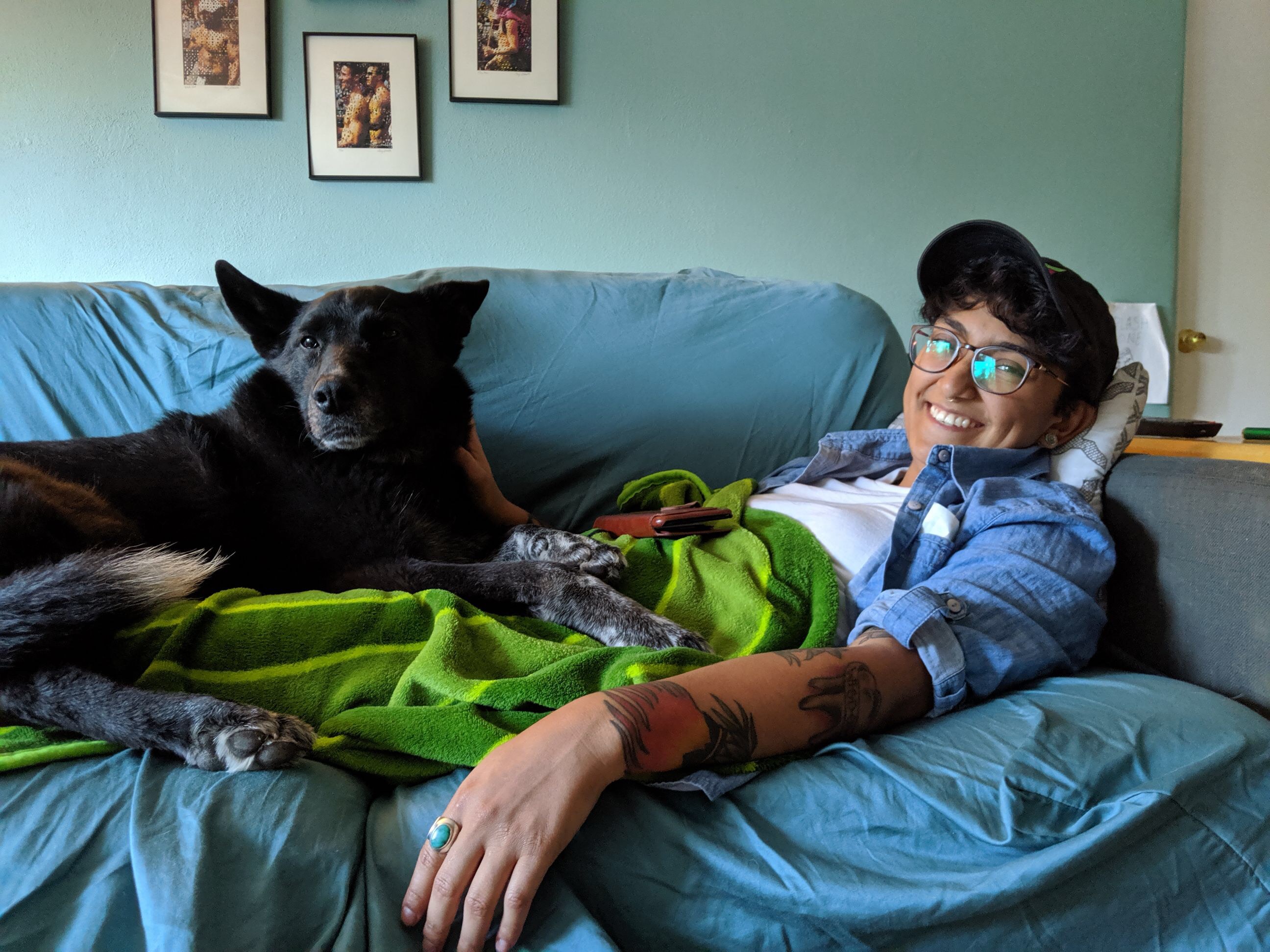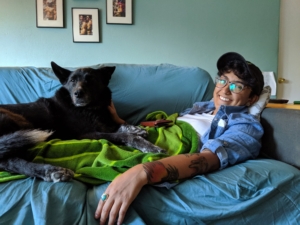Tallent Neal’s Hungry Belly
By Ron L. Dowell
You’re on Compton City Hall’s council chambers steps, a fist-sized Black Lives Matter button pinned conspicuously on your t-shirt, your belly distending and nearly blocking out Congresswoman Imelda Herrera and obscenely stretching Elizabeth Eckford’s 1957 photo that’s on your tee. Elizabeth’s lovely brown face is downcast, looking cautiously through dark sunglasses, clutching her books, wearing a white cotton piqué over her petticoat, in stylishly pressed hair curls, keeping ahead of Hazel Bryan and legions of other whites whose mouths seethe and follow her with venomous, nullifying words, their minds filled with imagined superiority on Eckford’s first day at Little Rock’s Central High School.
Your iPhone selfie tells the story.
Far right is Turner, teen mentor, researcher, prison guard. He exhibits a picture of young Emmett Till lying in his casket, body swollen, teeth missing, ear severed. At sixty-three, stomach tumors forced you to retire your dustpan and broom. Your gut burns like a fire whirl. Your abdomen knots and twists into closed fists and forces words up your throat. “Same old shit,” you say to diminutive Congresswoman Herrera’s wide eyes on this early spring evening. She smells of Chanel and, in full 2018 campaign mode, postures between you and Turner.
Years ago, you made yourself a promise to never allow you a belly like your daddy lugged around—one full of hog maws, potatoes, and greasy chicken. At seventy-five, he died from too much blood pressure and sugar, a supersized prostate.
Turner’s gut matches yours but for this shot he sucks it in and angles his Shoot the Police t-shirt toward the camera. You don’t because you can’t. You turn slightly toward Herrera.
“Tallent Neal and I will support you,” Turner says to her.
“Good luck,” you say. She heads inside.
“Man,” you say to Turner. “I never noticed how big my gut’s grown. I look six months pregnant.” You’d assumed based on four to five days a week gym time that you looked pretty svelte for a graybeard. No.
“Damn,” Turner says. “I thought my stomach was fat.”
When did your body change?
“Forget it. We have what we came for,” he says. “Can you upload it to Facebook?”
“I think I’ll up the cardio,” you say.
•
Burdened by protest signs and the heavy Killer Cops banner, you and Turner squeeze through crowds into the council chambers. Four-by-ten feet, the canvas standard is a stark optical showing killer police agencies, names and ages of people murdered in Los Angeles County since 2005. Not long ago, you’d nailed it up at the rear, next to the public entry doors in perfect view of council members from the dais. You considered that an act of free speech. The mayor considered it public property defacement. She called you a vandal, had sheriff deputies snatch down your banner, grip your upper arm, and escort you outside. Deputies said you tripped and fell on damp pavement. You said that you were shoved. They threw the banner your way and said, “Next time we’ll arrest you for trespassing.”
You’re back. Having, at nineteen, acquired a felony conviction from back in the day, you don’t really want to face another judge, but this is a campaign rally, not a council meeting, so officials aren’t present, no deputies visible. Whew! You’re lightheaded with an unexpected release of tension.
You and Turner hang the banner, stand on each end of it with signs. Yours reads, “Black Lives Matter—Stop Killing Us.” Turner’s says, “What if We Shoot Back—with cameras?”
The chamber overflows, eyes focusing on your banner, riveting to your signs. You switch the sign from hand to hand but still your arms tire. You set it down and lean on the stick like it’s a cane. That won’t work so you hoist it up and rest the stick in the folds of your belly, which seems to have grown over the past several minutes. You sigh. Like a tent pole, it fits within pudgy gut creases, holds fast, the fit, perfect. You wave your hands around, move your feet, do old school dances, the Jerk, the Swim, then you Twerk. You enjoy communal energy and shout, “Black Lives Matter.” Turner follows, “Shoot the police.”
In front of the dais, Congresswoman Herrera looks startled by your display. Into the microphone she says, “It’s true that black lives do matter and there are far too many black and brown men killed by police.” Still, she’s a politician and modifies the subject. “That’s why I advocate a ban on assault weapons—I’ll eliminate bump stocks—we’ll put metal detectors in all schools, require lockdown drills.”
The audience is silent until someone shouts. “Hell, yeah!”
A sheriff’s deputy peeks in. Chest tight, you breathe faster. Your belly, acting on its own, bounces the sign up and down, waves it side to side, forcing words from your gut, despite your resistance, up to and through your esophagus, to your mouth, “Off the pigs,” you shout.
•
Two sleepless days later, your belly gurgles and protrudes from underneath your navy blue county jail shirt. Court’s spilling over with defendants at your preliminary hearing. Their supporters and victims clamor for seats. Turner’s waving his ‘Free Tallent Neal’ sign.
Pasty-faced Judge Hardass is on the bench, smiling smugly and broadly like a lion about to pounce on an antelope. His eyeballs linger on your belly, as if he knows something that you don’t, signaling that maybe he’s already decided your fate, finally asking after a long, uncomfortable moment, “How do you plead?”
You turn to your portly public defender who, in bright red bowtie, mouths, guilty. He’d promised the plea deal would get you thirty days jail time plus probation. That’s easy for him say. He doesn’t get strip searched or have to walk with his back to walls to avoid shanks or hard dick attacks. The pit of your ever-expanding gut feels empty. You mumble “Fuck you” to him.
Hardass says, “Speak up, Mr. Neal.”
The DA says to the judge, “He has priors, sir.”
The crowd hushes when the bailiff eases over, clutching the Taser on her equipment belt.
The public defender whispers, “Guilty—say guilty. Unless you raise bail, you’ll stay in jail until trial.”
Mouth dry, you glance at the clock on the wood-paneled wall to the judge’s left. When you turn back, your chest opens. Your lower esophageal sphincter snatches the public defender’s neck and forces him into your stomach, where he’s attacked by enzymes that especially like fatty foods. “Say guilty,” he says again before he dissolves into chyme. The bailiff reaches to pull him out, but is also swallowed by your burgeoning belly. Gut flora breaks them down and digests them both. Your liver and pancreas send juices to help push them into your large intestine as shit.
The DA’s eyes widen, Hardass smashes his gavel, “Order,” he says. “Order!”
Even if you’re in jail, who’s going to mess with someone with a hungry belly?
You say, “Scuse me, your honor—Black Lives Matter—and I. Ain’t. Guilty.”
Ron L. Dowell holds two master’s degrees from California State University Long Beach. In June 2017, he received the UCLA Certificate in Fiction Writing. His short stories have appeared in Oyster Rivers Pages and Stories Through The Ages Baby Boomers Plus 2018. He is a 2018 PEN America Emerging Voices Fellow.
Photo credit: Jorene Rene via a Creative Commons license.

